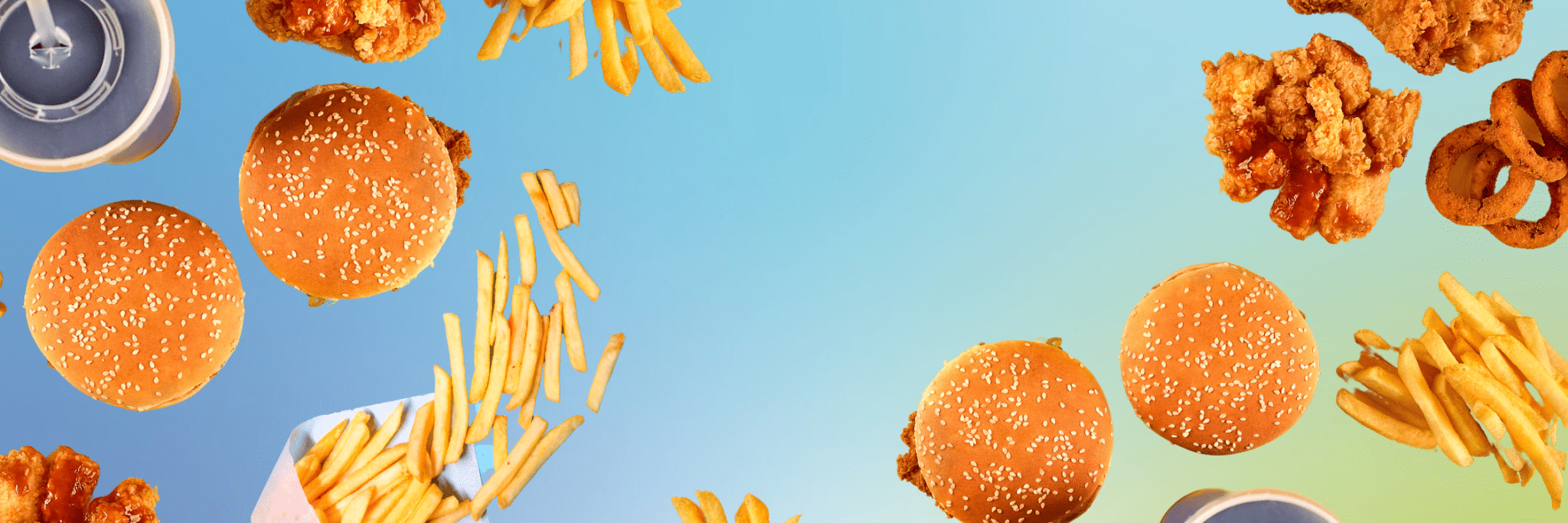Menu
Login
- SOLUTIONS
-
-
FRANCHISEES
-
FRANCHISORS
PARTNER VENDORS
-
-
-
- MARKETPLACE
- RESOURCES
- ABOUT
- SCHEDULE A DEMO
-

QSR and restaurant success requires hard work, determination, and sacrifice. If you've been operating restaurants throughout 2020 and beyond, you know this to be true. But what are the top operators doing to ensure success?
To make a successful QSR, you need five main "ingredients." We'll dive into each of these "ingredients" and explain why each one plays a huge role in the success of your business. First let's break down what these are. The BEST recipe for QSR success includes:
Every good QSR needs the right people. You're probably not going to be the one conducting the majority of your interviews, so to make sure you're hiring the right people, take a look at your interviewers. Are they using the interview guides and other tools at their disposal? Do they ask the right questions? Consider coaching your store managers directly, and they can pass their skills along to shift managers and anyone else who may be involved in the interviewing process.
Having trouble attracting good candidates? An effective strategy is to hold open interviews. Try to vary the day of the week and the window of time, so candidates working other jobs or who have limited transportation options are better able to attend. Still having trouble? Offer referral bonuses to your employees for referring candidates that are ultimately hired.
Once you've hired the right people, give them the training they need to make your QSR succeed. Understand that everyone learns differently. Start by making time for onboarding and orientation. New employees should have time to get comfortable with not only their new job but with the company and its culture. Also, teach from manuals, job aids, recipe cards, and the like to support the knowledge base and provide a resource for the new employee down the line.
New employees should learn not just from store managers and shift runners, but from your best-performing employees. Pairing new employees with your best performers ensures that your new talent learns good habits firsthand.
How many of your shift runners, store managers, and other leaders were hired directly into those supervisory positions? Most of them probably started as individual team members and got to where they are today because of training and mentorship. That means that your future leaders may already be working for you.
Lean into this. Invite top-performing team members to manager meetings. Ask for their input on decisions and their feedback on issues facing the store. Make it clear that team members who perform well and who are interested in advancement have a path to do so.
Make your expectations clear. When you reward lower-performing employees over more deserving team members or punish one employee differently than another for the same infraction, you're creating an environment where the rules aren't consistent. And that is bad for morale. Structure and consistency are essential to running a successful QSR. When your employees know the rewards for success and the consequences for misbehavior, you'll have a team with incentive to succeed.
Keeping an eye on your numbers has always been important, and with the restaurant analytics tools available today, it's easier than ever to make store metrics work to your advantage.
You may not have time to keep a close eye on your sales, labor costs, food costs, employee stats, and more — but make sure someone on your team does. Measure stats by day, week, and sales period. And don't just limit yourself to the usual metrics, either. Use loss prevention tools to monitor your cash, and use security tools (like cameras) to keep an eye on your stores.
Some numbers you should keep a close eye on include:
If these metrics are hard to pin down, or take hours getting to, consider using an automated metrics dashboard like Delaget Coach. This software has a track record of saving operators and area coaches up to 2 hrs/day in manual spreadsheet consolidation, and also ensure the use of consistent, accurate data - allowing leaders to pinpoint areas for improvement with ease.
The recipe for QSR success is simple but often overlooked. Just like baking a batch of cookies, you can't simply throw a bunch of ingredients together and hope for the best. With these 5 ingredients, you can make QSRs that will knock your socks off — a recipe for success.
Delaget is the number one resource for QSR data aggregation and understanding. Smarter Wins.
PAR OPS' blog on operational strategies to grow your business faster.
Everything You Need to Know About Hiring & Retaining Teenagers During the 2021 Labor Crisis
Nickels and Dimes: 4 QSR Operational Money-Savers You Likely Haven’t Tried Yet
QSR Loss Prevention: 4 Ways to Prevent and React to Employee Theft